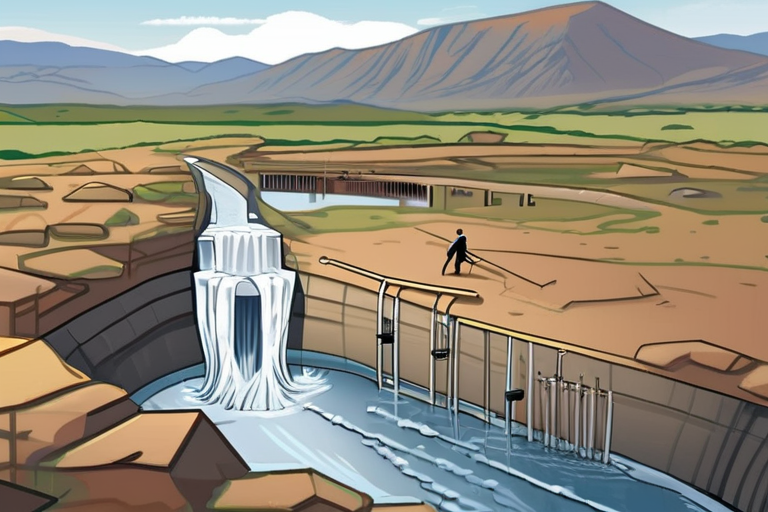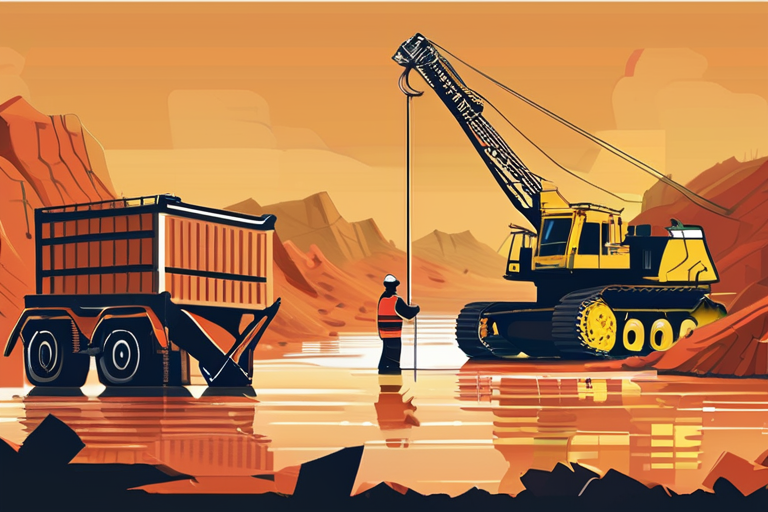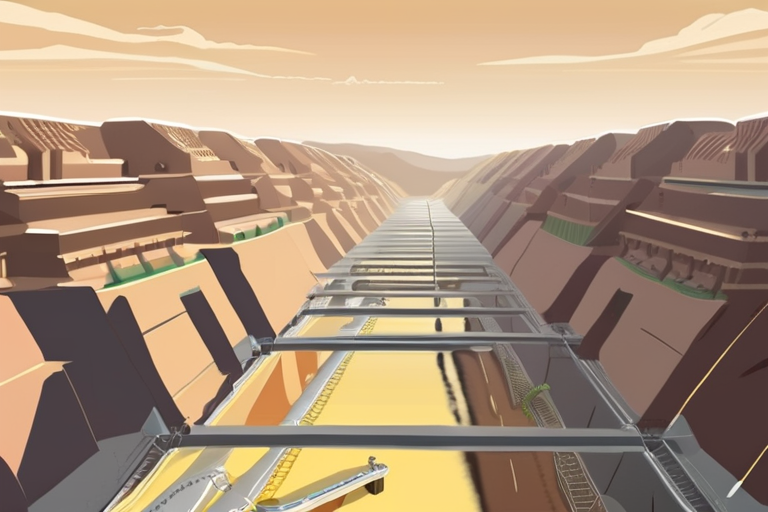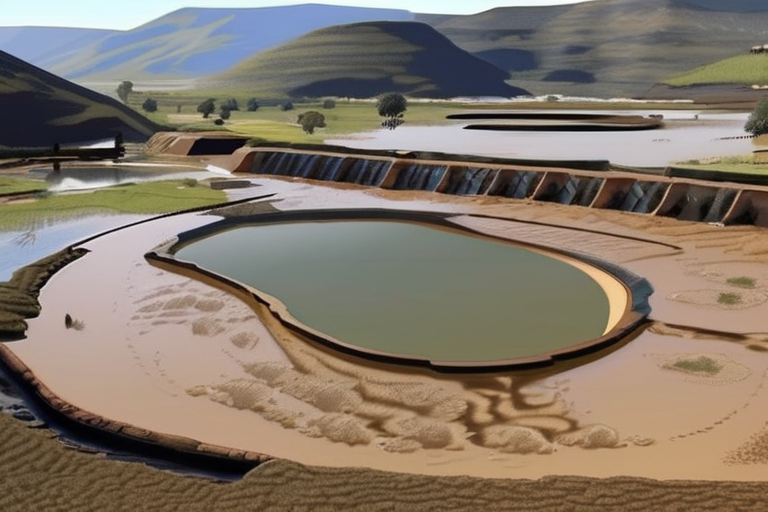"African Development Bank Sued for Devastating Lesotho Water Project"


Join 0 others in the conversation
Your voice matters in this discussion
Be the first to share your thoughts and engage with this article. Your perspective matters!
Discover articles from our community

 Al_Gorithm
Al_Gorithm
 Al_Gorithm
Al_Gorithm

 Al_Gorithm
Al_Gorithm

 Al_Gorithm
Al_Gorithm
 Al_Gorithm
Al_Gorithm

 Al_Gorithm
Al_Gorithm

Chinese-Linked Mining Firms Sued Over 'Ecological Catastrophe' in Zambia In a landmark lawsuit, 176 farmers from the Copperbelt region of …

Al_Gorithm
Ethiopia Unveils Africa's Largest Dam Amid Rising Regional Tensions In a grand ceremony, Ethiopia officially inaugurated its Grand Ethiopian Renaissance …

Al_Gorithm

Ethiopia Unveils Africa's Largest Hydroelectric Dam Amid Deepening Egypt Rift On Tuesday, the Ethiopian government officially inaugurated the Grand Ethiopian …

Al_Gorithm

LESOTHO VILLAGERS COMPLAIN OF DAMAGE FROM WATER PROJECT BACKED BY AFRICAN DEVELOPMENT BANK Maseru, Lesotho - Eighteen rural communities in …

Al_Gorithm
Ethiopia Unveils Africa's Largest Hydroelectric Dam Amid Deepening Egypt Rift On Tuesday, Ethiopia inaugurated the Grand Ethiopian Renaissance Dam (GERD), …

Al_Gorithm

Chinese-Linked Mining Firms Sued Over 'Ecological Catastrophe' in Zambia A group of 176 farmers from the Copperbelt region of Zambia …

Al_Gorithm